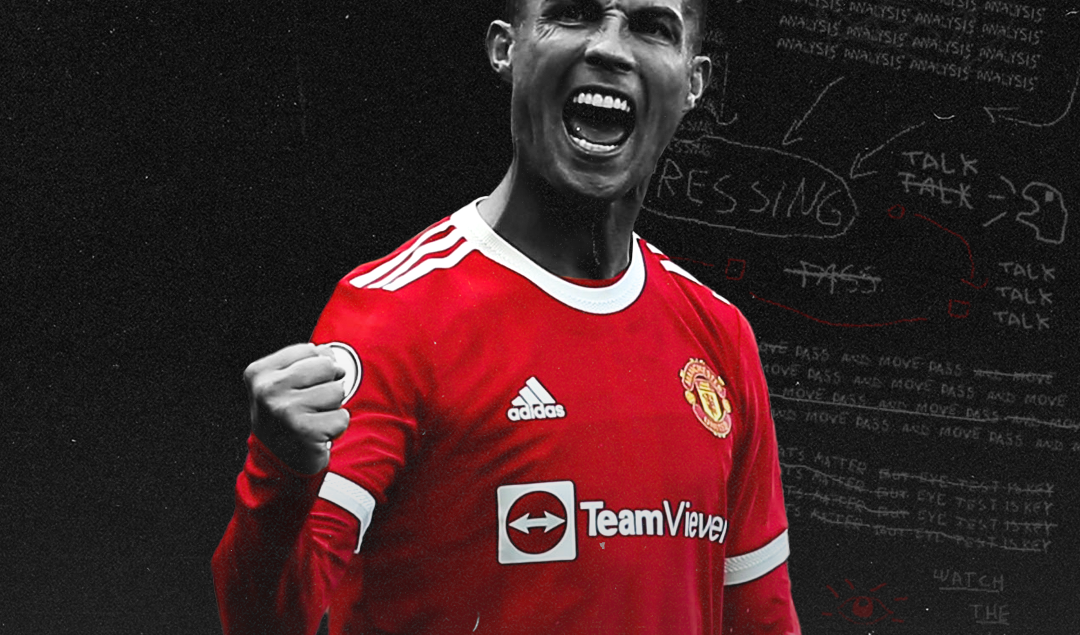What Are the Downsides of Turning Your Child Into a Soccer Star?
Some parents use sports as a way to satisfy their personal desires and unmet ambitions. Forcing a child to be an athlete can have very negative consequences on their academic performance and happiness.
Many parents want their child to be a soccer star. This is one reason they decide to enroll them in sports, but it can also be a major reason for dropping out.
The process of becoming a top player is a long one, and only a small fraction of boys who play soccer make it to the top. Becoming a professional athlete requires a combination of innate talent for the sport, hard work, and a lifetime of luck. Therefore, it is not something that is available to everyone.
The Consequences of Expecting a Child to Be a Soccer Star
In addition to the above, parents who are obsessed with wanting their children to excel on the team usually have more problems with coaches because they question every decision they make regarding their children.
All of this has very negative consequences for a child’s enjoyment and academic performance. If a child devotes all his time to sports, he won’t have time to write my essay, or do his homework, and it will seriously affect his grades at school. Below we will look at the negative aspects of making your child a soccer star.
Increased Feelings of Frustration and Anxiety
Parents who put a lot of pressure on their children regarding sports are a powerful source of negative emotions. Ultimately, they may be directly responsible for children or teens dropping out of sports.
This can happen because frustration, anxiety, and stress accumulated throughout the process. From an early age, children show differences in managing and transforming negative emotions. Some are able to regulate them effectively, but others are unable to do so and feel their impact particularly strongly.
This is detrimental not only to their athletic performance but also to their health. After such an experience, a child may develop an aversion to sports in general, and he or she will refuse to play any other sport. Thus, he or she will become a sedentary person.
Wrong Values
Sport is not only about health and well-being; it is also a way of passing on positive values to children. However, sports are educational as long as the people who teach them act as role models.
The role of parents as educational role models in sports has been widely studied. According to this approach, parents’ behavior toward their children’s sporting activities affects how their children perceive sports.
In this regard, parents should be neutral spectators, supporting their children and showing interest in their children’s performances, but not pressuring them or seeking to stand out.
Constant Conflicts with Coaches
For a child involved in sports, there are two unquestionable authorities: the parents and the coach. When they both hold the same opinion, there is no problem, but if they do not agree, there is a so-called conflict of interest. In this case, it is difficult for children to decide who to follow: the coach, whom they perceive as the sport’s standard, or the parents, with whom they live and celebrate successes?
Sometimes the conflict between the parents and the coach becomes overt. Hence the sad images are sometimes seen in the media of parents and coaches being physically abused in the middle of a match.
The Fun Component is Lost
When parents are fixated on their child becoming a soccer star, they are usually on their child’s back and only concerned about what he/she is doing in the matches.
Children’s sports have two main components: competitive and fun. The first is not necessary, but it can teach and motivate a lot; the second is fundamental, and if it’s not there, the point of practice is lost.
Kids should play sports because they enjoy it, not for any particular purpose, and even more so if that purpose comes from their parents. As soon as soccer depends only on the results of matches, it will become an empty sport for children.
Parents Have to Be Educational Figures in Sports
Parents play a very important role in the athletic development of their children. Contrary to what one might think, their attitudes, behaviors, and thoughts influence how children perceive sports.
For this reason, a study published in the journal Motricidade suggests creating 4 profiles of parents according to two variables: emotional support and pressure toward their children. As expected, the healthiest and most highly valued alternatives are parents who provide more support, but no pressure transfer.
If you are a parent who wants your child to be a soccer star, you have to take all of these disadvantages into account.
